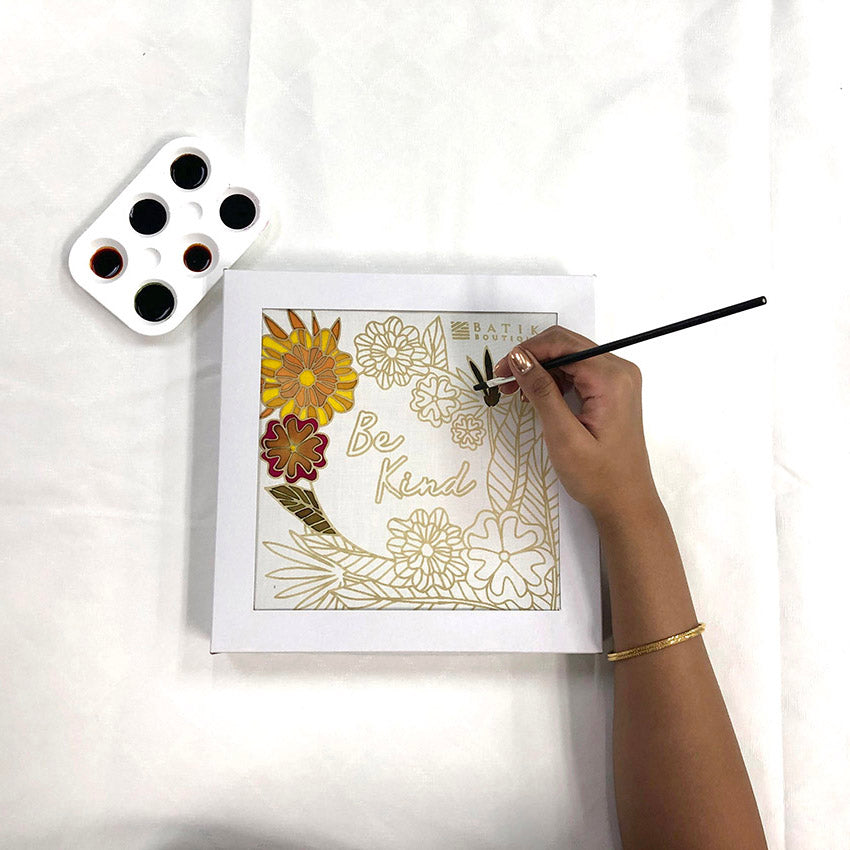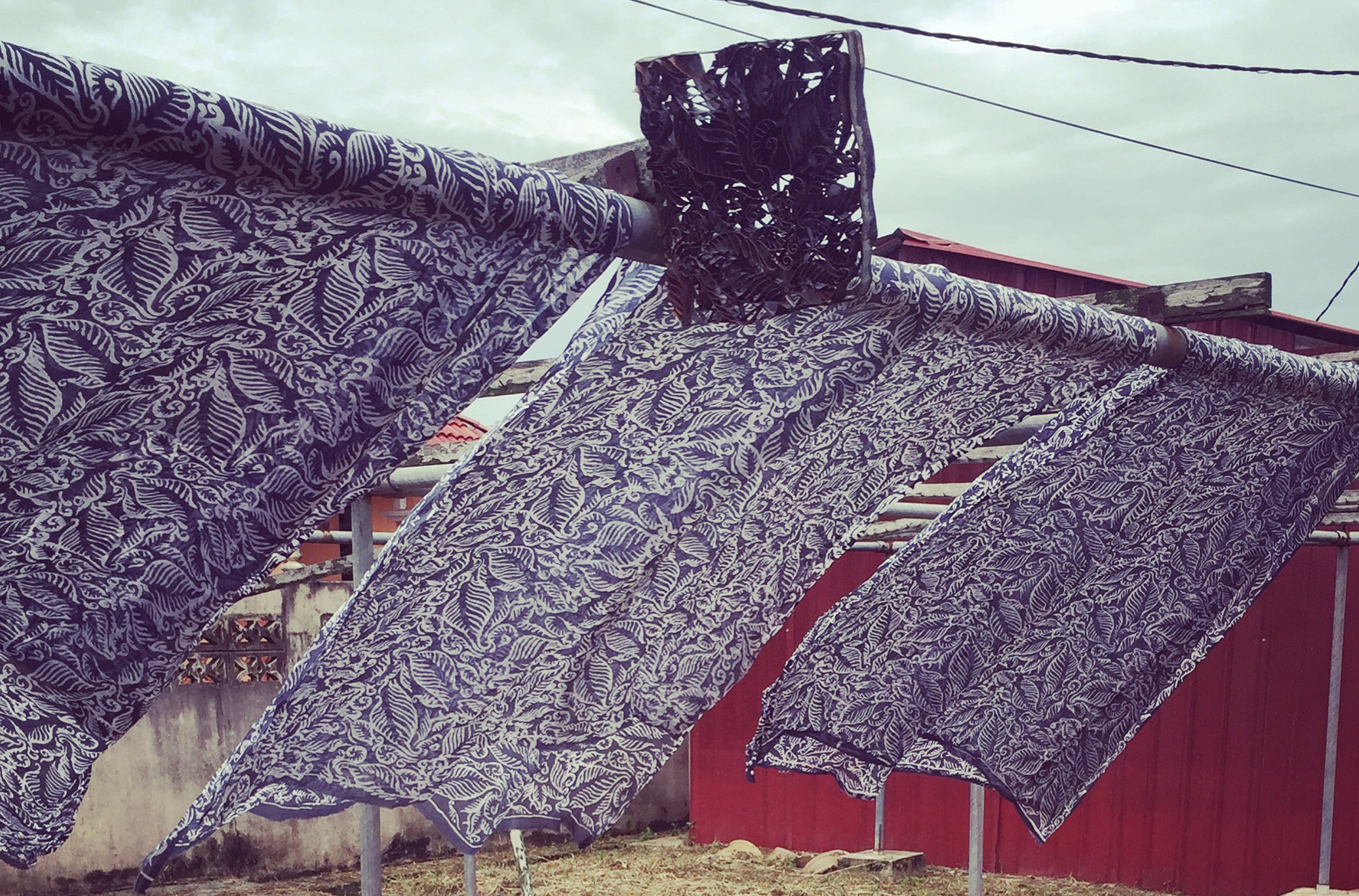Three steps to use art therapeutically

With our new normal of masked expressions and never ending lockdowns, some people have come to terms with it and others continue to struggle. For those of us that have been forced to stay home, we’ve learned to take time out from the world that guilts us into having to engage constantly and instantly. The pandemic has allowed us to look introspectively and ask ourselves our FOMO concern: what are we really missing out on?
With the blur of time and days, we’ve had to get creative with our activities.
Some of the most inspiring activities we've seen are related to art whether dancing, gardening, cooking, or home DIY - art calms our mind. We’ve learned that the world of art is not about beauty or aesthetics, it is a medium and a tool for communication. Art is a gentle approach to understanding emotions and experiences we’re not ready to verbalize, but need to express.
Wondering how to give art a go? Here are three simple steps to get started.
Step 1: Just start somewhere
You don’t need to be good, you just have to start. You can get started with a ball pen on a blank page - just draw something. Anything!
If you’re looking for a bit of inspiration, we suggest a ready-made kit - like one of our DIY batik kits.
Step 2: Enjoy the process
Make it as easy as possible for yourself to get started. With our batik kits, all you need is a cup of water and a kitchen towel. The most magical part about creating art is the process - so enjoy playing.
We encourage you to mix colours, experiment with water and its effects on different dyes, and share your time with someone else. Put music on or paint silently - anything that works for you. You want to create an environment and energy that inspires you.
Step 3: Post-play
After the activity of creation, it’s time to sit back and interpret your work. Sometimes, it may not look like what you expected, but there is so much value in understanding where your art has come from, what it’s describing and expressing. Remember, the only authority in interpreting the artwork is you - the artist.
We encourage you not to sit in the fear of what's wrong and what's right in art, because really, there is no such thing. So why not pick up a paintbrush and get to it. Our batik kits are a great place to start or a great gift for the person in your life that needs a bit of support. If you’re in Malaysia, we also run private and small group batik workshops, where we can help facilitate your experimentation with batik art.
Co-author of this blog, Reena Clare, is an Art Psychotherapist at the Mind Faculty KL, a private mental health clinic in Solaris Mont Kiara. Reena is a qualified Art Psychotherapist and an artist. She has worked with various clients living with mental health disorders, special needs, bereavement, dementia, addiction, and physical health conditions.
Art Therapy combines therapeutic and artistic methods to help clients work through a variety of challenges such as depression, anxiety, and trauma. It uses the creative process to help people gain personal insight and develop healthy coping mechanisms.
Learn more about art therapy.
0 comments






